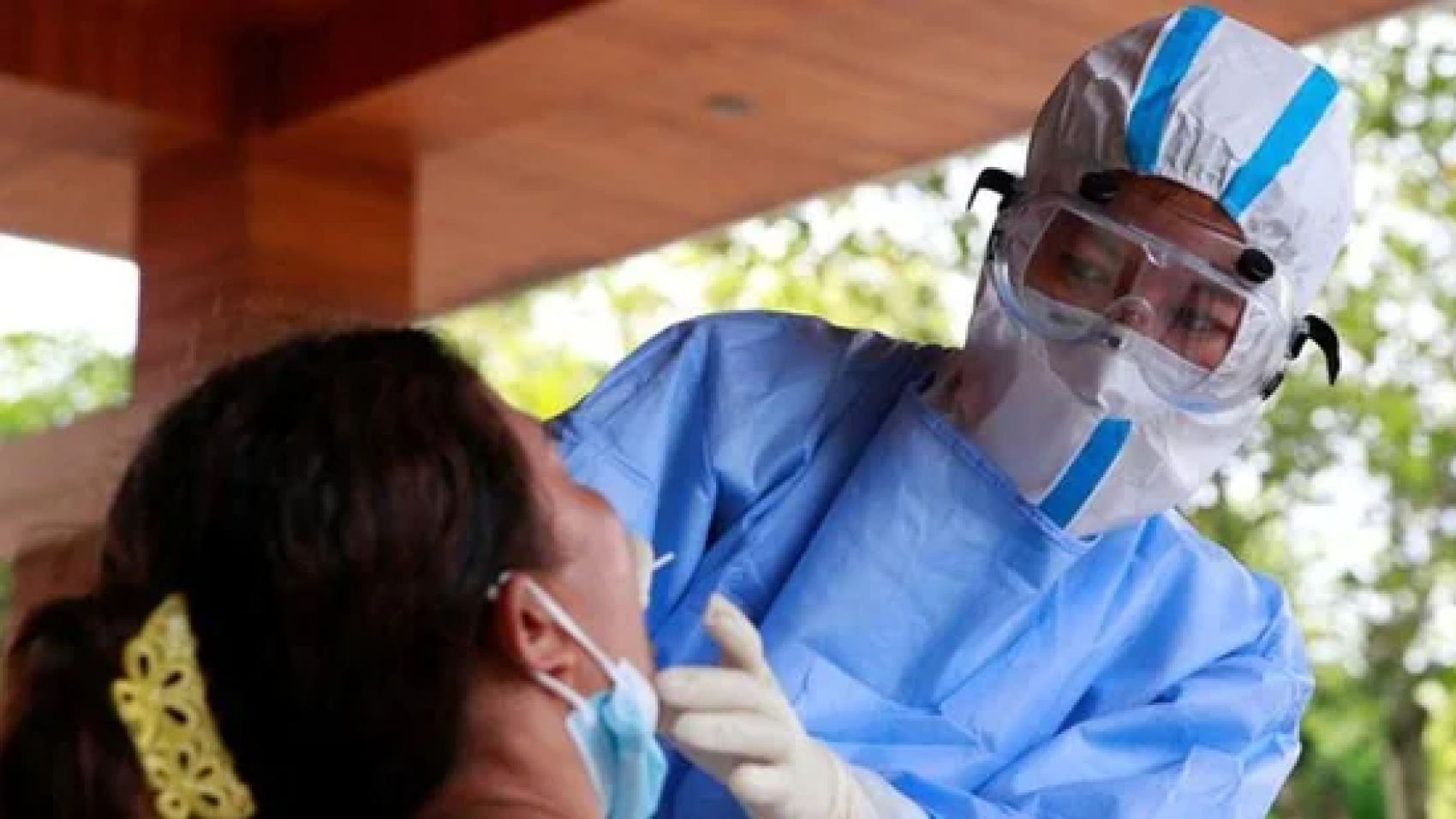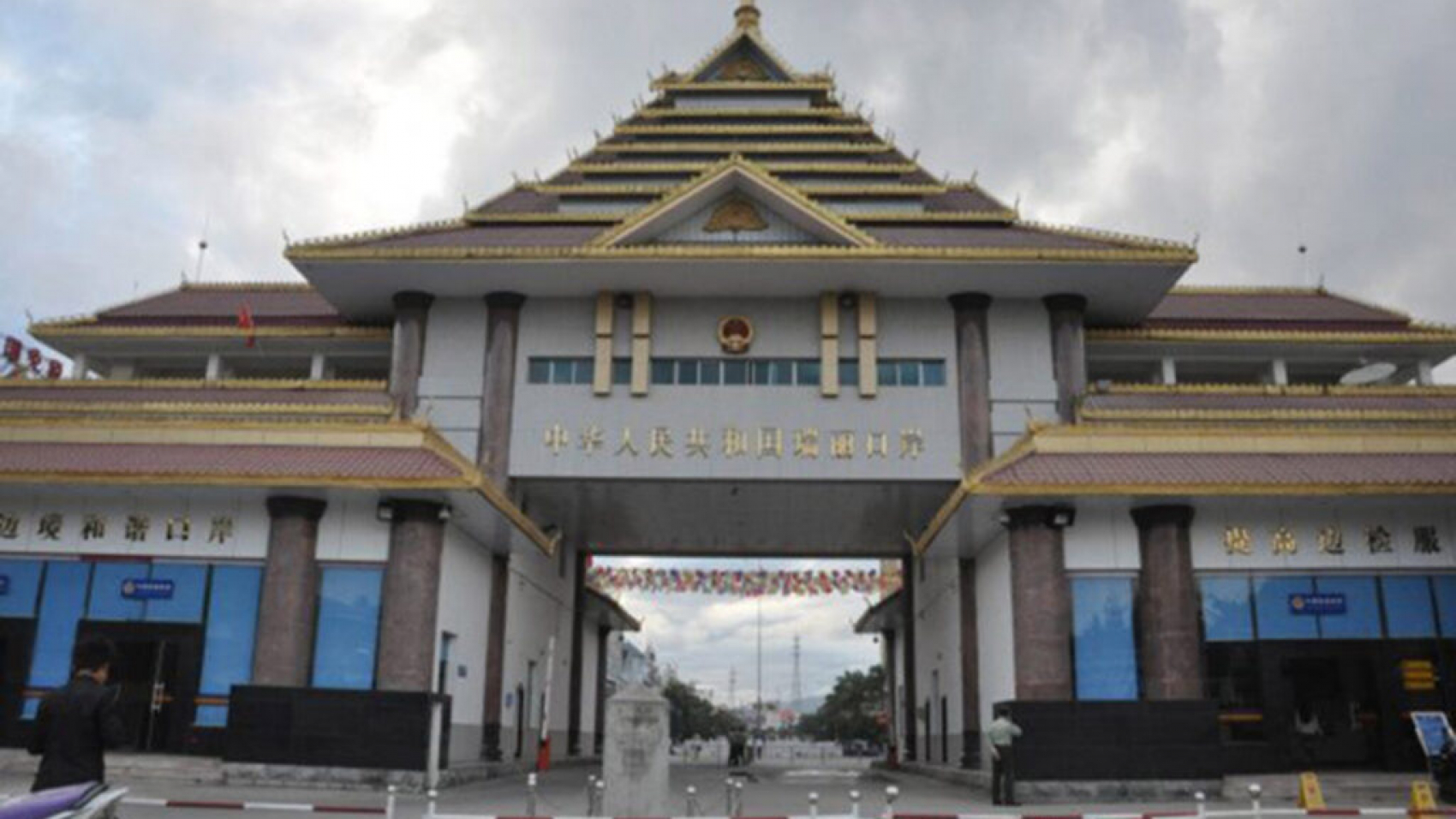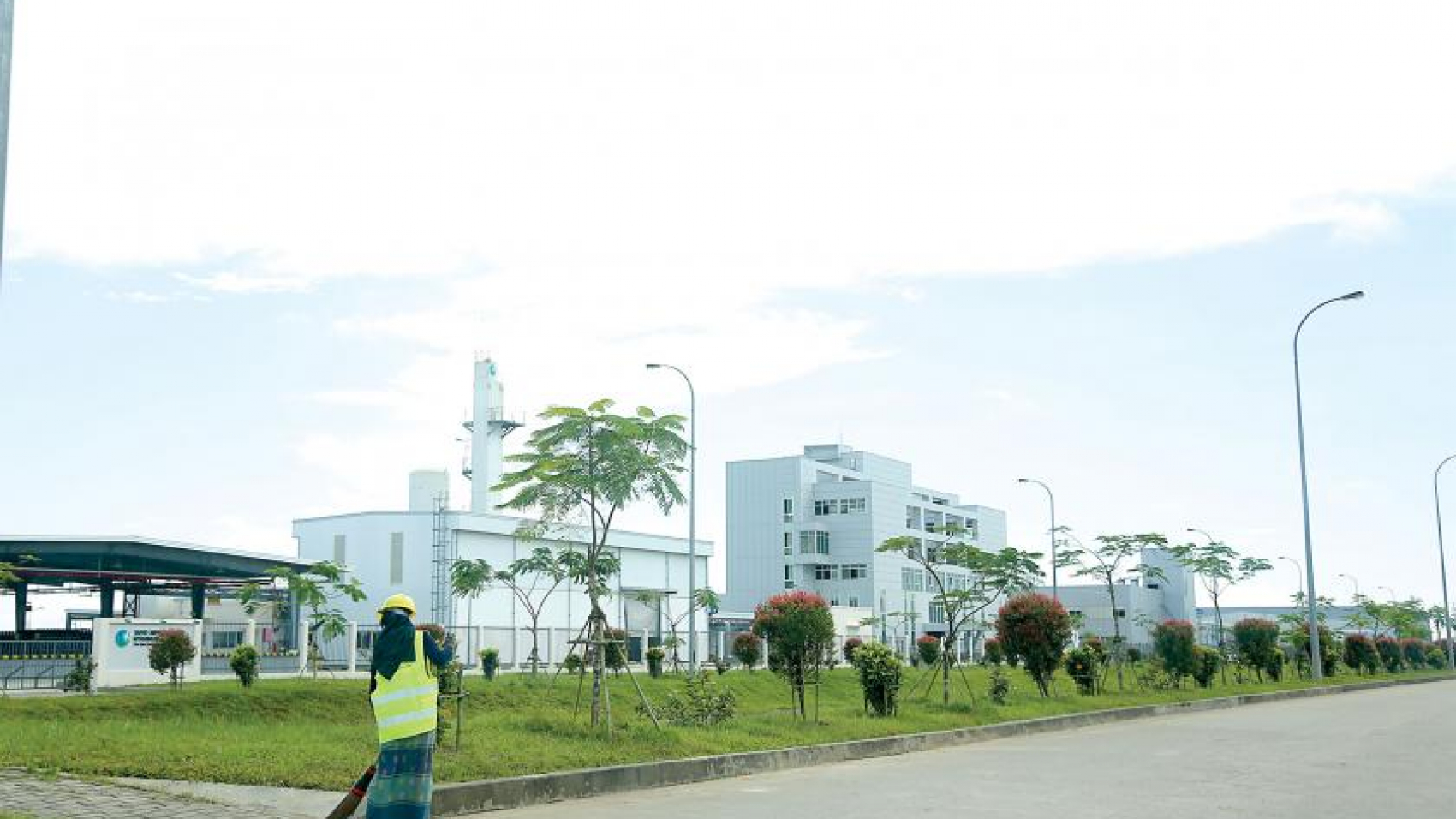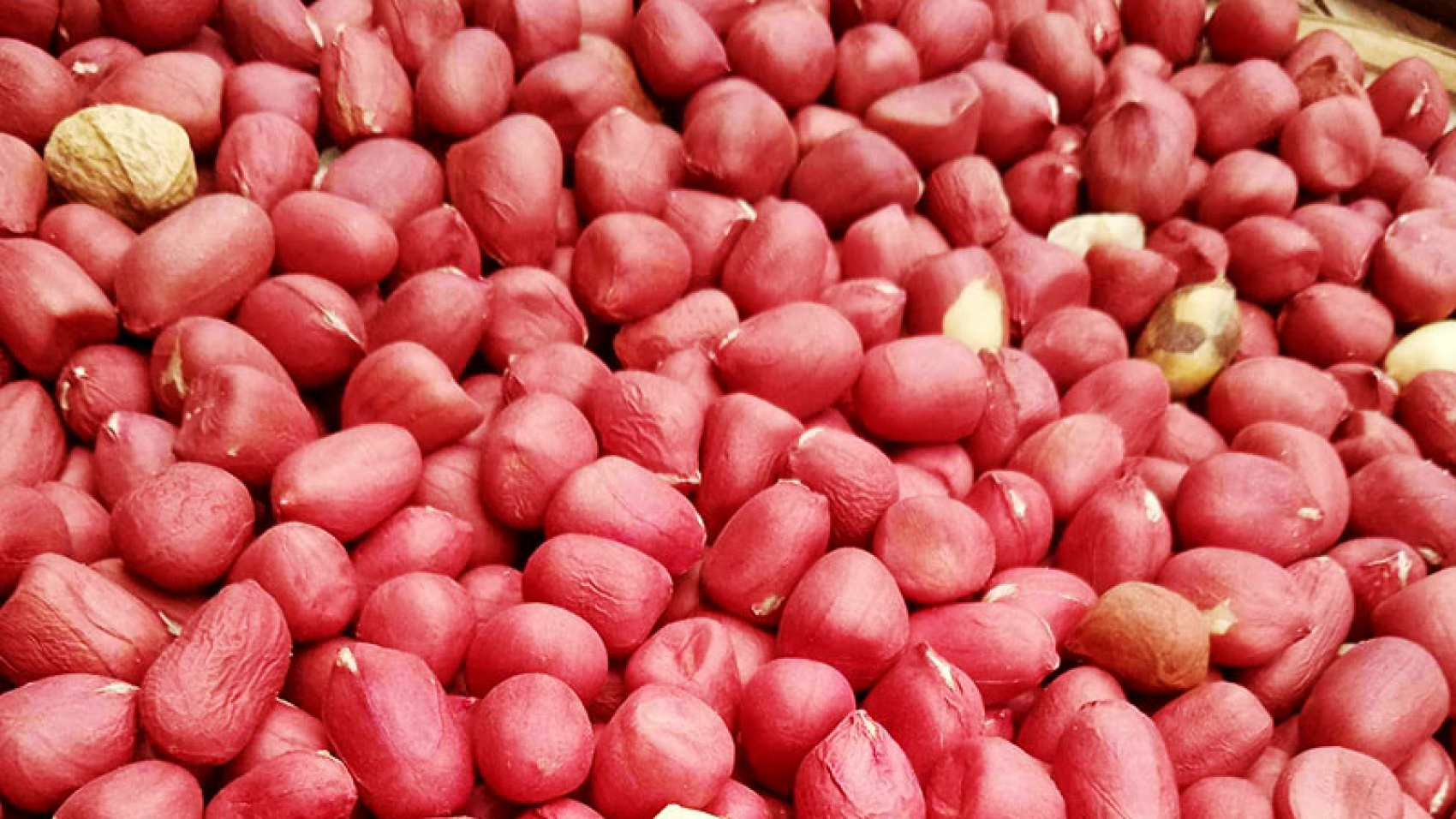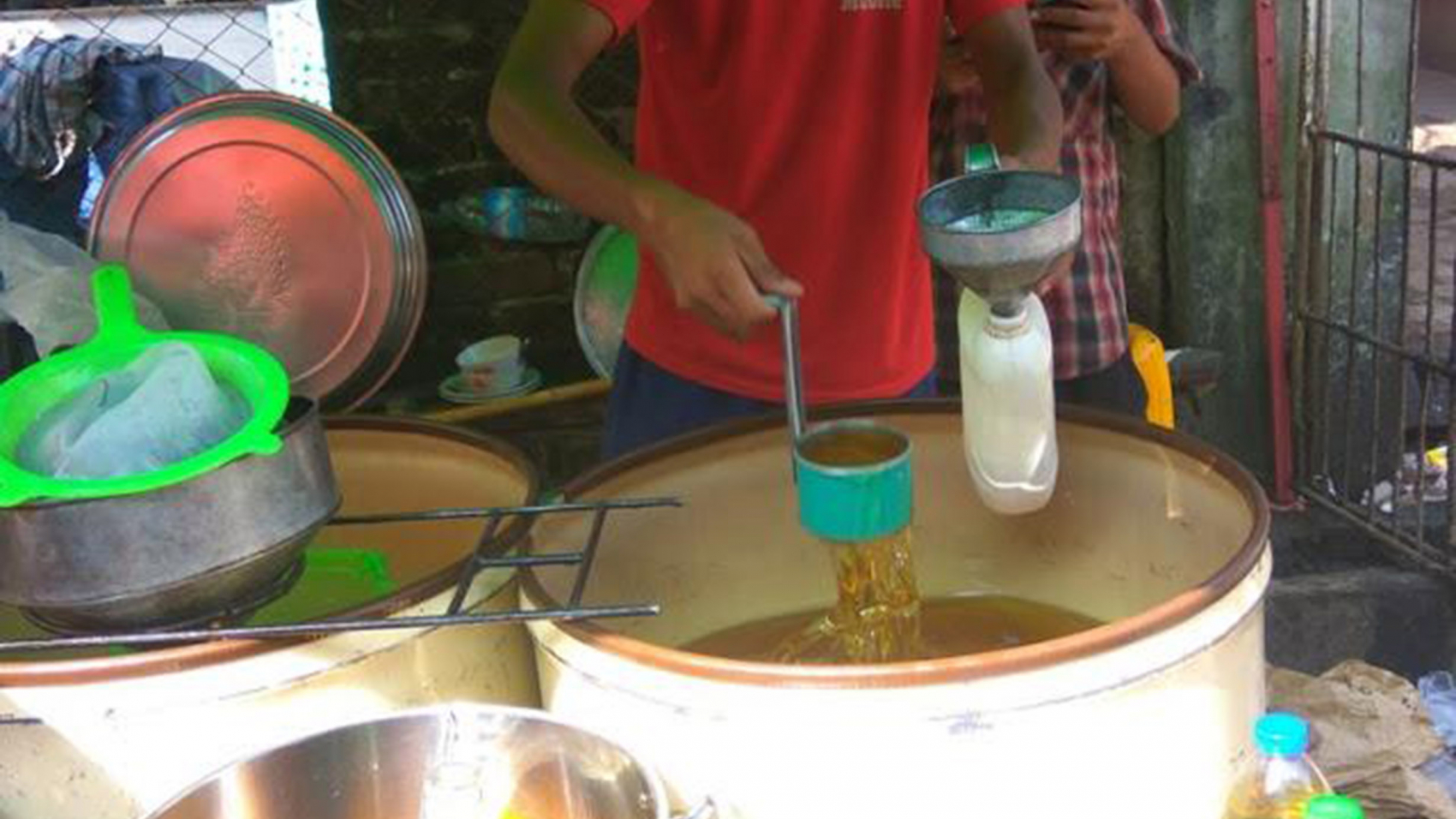The fuel prices are spiking and indicating a sharp increase of K750-1,100 per litre within one month, according to the fuel market. On 1 August 2022, the fuel prices in the Yangon market stood at K1,820 per litre for Octane 92, K1,890 for Octane 95, K2,195 for premium diesel and K2,135 for diesel. The prices jumped to K2,570 for Octane 92, K2,635 for Octane 95, K3,335 for premium diesel and K3,255 for diesel on 30 August, showing a rise of K745-750 per litre of Octane 92 and 95 and K1,120-1,140 per litre of diesel and premium diesel respectively. Fuel price spike made it difficult to create a better living, a taxi driver told the Global New Light of Myanmar (GNLM).
“Taxi fare was only K3,000 for a distance between downtown and Kyauktaing in Thakayta Township. Now, the rate has doubled. So, I have to take a bus,” said a company staff member. The Supervisory Committee on Oil Import, Storage and Distribution of Fuel Oil stated that domestic fuel prices is following the price index set by the Mean of Platts Singapore (MOPS), the pricing basis for many refined products in southeast Asia. The Central Bank of Myanmar raised the reference exchange rate for a dollar from K1,850 to K2,100, whereas the exchange rate against the US dollar hit over K3,500 in the grey market. Since early August, the fuel prices have gradually increased tracking the soaring safe-haven dollar value against the Kyat.
Consequently, some fuel stations in regions and states allegedly faced a shortage of supply. Nonetheless, some petrol stations are allegedly suspending fuel sales and setting limited sales on the possible shortage of fuel oil, sparking consumers’ concerns and raising fuel prices. They are taking advantage of the consumers’ concerns for their benefits, according to the statement released by the Central Committee on Ensuring Smooth Flow of Trade and Goods on 16 August. The committee has assured adequate fuel supply until this month. It is also working together with Myanmar Petroleum Trade Association to ensure a steady fuel supply in order for the energy consumers to mitigate concerns, the statement mentioned.
Therefore, the consumers can complain about halts in fuel sales and limited sales through the contact numbers of respective regions and states if they find those stations that violate the rules, the committee stated. The committee is governing the fuel oil storage and distribution sector effectively not to have a shortage of oil in the domestic market and ensuring price stability for energy consumers. The Petroleum Products Inspection and Supervision Department, under the guidance of the committee, is issuing the daily reference rate for oil to offer a reasonable price to energy consumers. The reference rate in Yangon Region is set on the MOPS’ price assessment, shipping costs, premium insurance, taxes, other general costs and profit per cent.
The rates for regions and states other than Yangon are evaluated after adding the transport costs and retail reference rates daily cover on the state-run newspapers and are posted on the social media and official website and Facebook page of the department on a daily basis starting from 4 May. As per the statement, 90 per cent of fuel oil in Myanmar is imported, while the remaining 10 per cent is produced locally. The domestic fuel price is highly correlated with international prices. The State is steering the market to mitigate the loss between the importers, sellers and energy consumers. Consequently, the government is trying to distribute the oil at a reasonable price compared to those of regional countries. Some countries levied higher tax rates and hiked oil prices than Myanmar. However, Malaysia’s oil sector receives government subsidies and the prices are about 60 per cent cheaper than in Myanmar. Every country lays down different patterns of policy to fix the oil prices. Myanmar also poses only a lower tax rate on fuel oil and strives for energy consumers to buy the oil at a cheaper rate.
Source: The Global New Light of Myanmar

